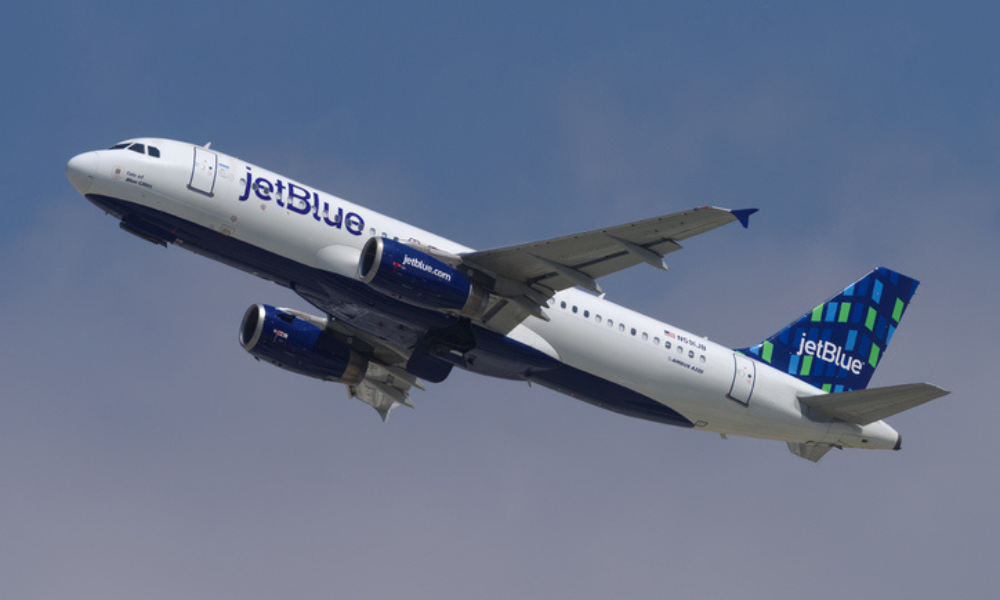
Merger found potentially harmful to consumers has since fallen through

A federal judge at the Boston Courthouse has denied a request for a maximum of US$34.1 million in legal fees by private antitrust lawyers who opposed the proposed US$3.8-billion merger between JetBlue Airways and Spirit Airlines.
William Young, a judge of the U.S. District Court for the District of Massachusetts, issued a brief electronic order denying the private lawyers’ motion seeking fees on the basis that they were not considered prevailing parties in this case, said an article by Reuters.
In a separate government case, Young ruled in favour of the U.S. justice department, which challenged the merger, Reuters said. In that case, Young found that the deal would be harmful to consumers, Reuters added.
Following this ruling, the deal fell through in March, according to Reuters. The private lawsuit was then dismissed as moot, Reuters said.
JetBlue and Spirit opposed the fee request by the private lawyers and claimed that they were “piggy-backing” on the government case, Reuters reported. Their opposition papers noted that the private lawsuit had been dismissed for being moot, said the article by Reuters. Cooley LLP and Paul, Weiss, Rifkind, Wharton & Garrison LLP acted for the airlines, the article added.
"They did not try this case,” said the airlines in their opposition. “They did not win at summary judgment.”
Joseph Alioto – who works at Alioto Law Firm in San Francisco and who was one of the private lawyers who requested the fees – alleged that the judge denied the request based on the wrong statute, Reuters said. He suggested that the judge’s order could potentially dissuade private plaintiffs from filing this kind of lawsuit, Reuters added.
“Private plaintiffs are encouraged to bring these suits, and this minute order says, ‘Don't bother,’” Alioto said, according to Reuters.
In August, Alioto told Reuters his opinion that the private lawsuit influenced the airlines' decision to cancel the planned merger instead of appealing the unfavourable decision in the government case. He claimed that the airlines, in contesting the lawyers’ right to seek fees, were attempting to undermine the federal law supporting private antitrust litigation, Reuters reported.